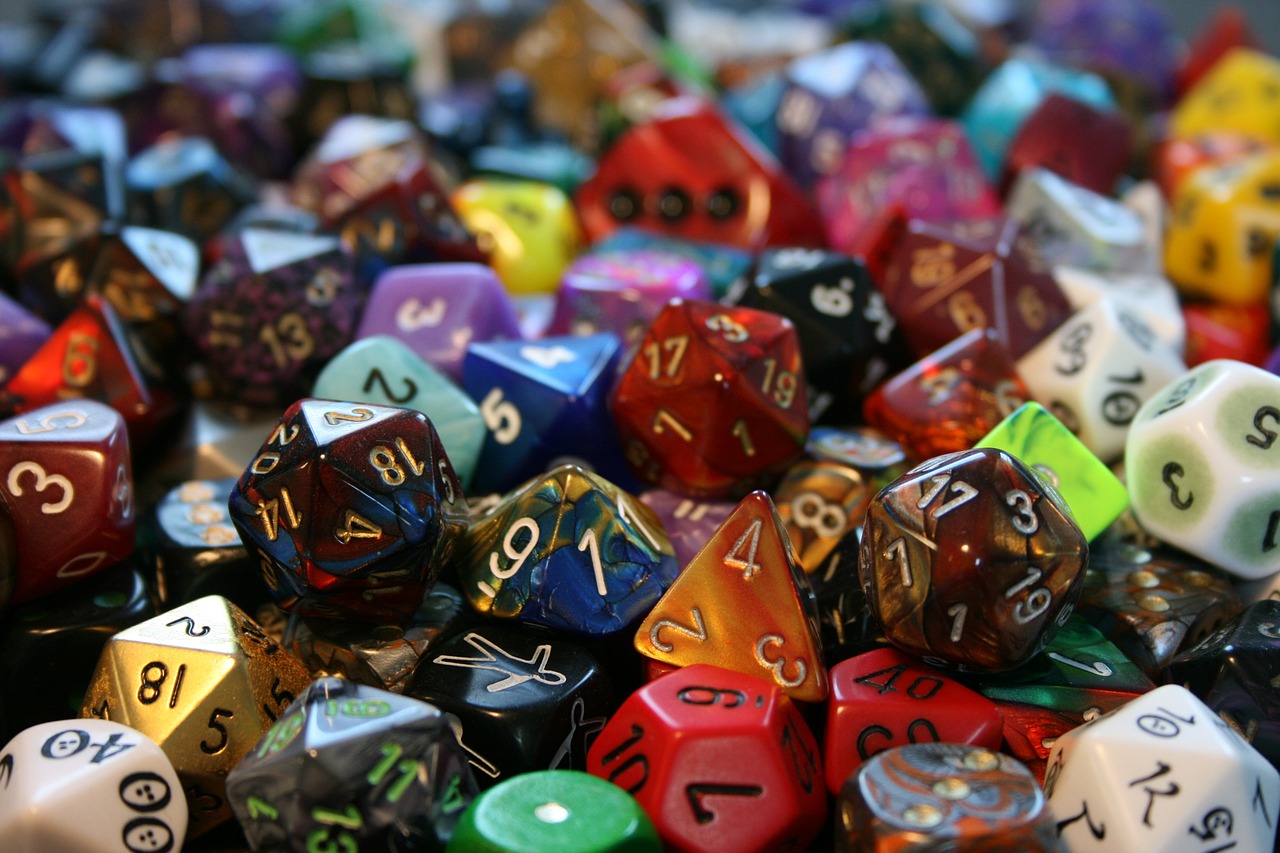 The therapeutic effects of gambling may sound ridiculous, but many can attest to its reality. You may have heard of a relative or friend who fondly claims that spending money on a game of chance is exciting. Some say it is their way of forgetting their problems.
The therapeutic effects of gambling may sound ridiculous, but many can attest to its reality. You may have heard of a relative or friend who fondly claims that spending money on a game of chance is exciting. Some say it is their way of forgetting their problems.
What science says
Do a search on Google with the keyword “healing effects of gambling”, and you will find more than 11 million results. However, none in the first few result pages show any authoritative research that backs the idea that gambling has healing effects. In fact, the top results are about the negative consequences of gambling on the mental and physical health of compulsive gamblers. Some results point to possible sources of help for problem gambling.
Suffice to say that there is no scientific basis in the claims that gambling has healing effects. The best online references you can find are probably anecdotal. However, this is not to say that gambling itself is terrible. Sites like Your Lotto Service exist because people continue to patronise them. They offer fun, excitement, or enjoyable experiences to their players.
It is also somewhat commendable that these legitimate gambling sites do not put up false claims to promote their services. They know what gambling is, and they are not trying to lure people into becoming pathological gamblers. Some online casinos even have programs to prevent compulsive playing. They feature options such as self-exclusion to allow players to voluntarily lock themselves out of their accounts for a specific period. Many casinos also provide direct contacts to organisations such as Gambling Anonymous to help those who are already manifesting the symptoms of problem gambling.
Balance and moderation
Playing the lottery or enjoying a casino game does not have to be detrimental. It may not necessarily have a healing effect, but the satisfaction or gratification it provides people is evident. No one can deny that people who play roulette, dice, lottery, or card games at casinos online or offline are having fun. It is just a matter of moderating their indulgence and balancing things.
Gambling addiction is a serious problem, with doctors classifying it as an impulse-control disorder. Medical professionals consider it a health issue with several psychological, social, and physical implications. This kind of addiction is associated with migraine, depression, anxiety, and intestinal disorders. The condition can also result in feelings of helplessness and despondency, similar to what can happen with substance abuse. It can even lead to suicides.
Again, things don’t have to become problematic. There is no problem with occasional gambling. Some even manage to balance their time even with more than average frequency of playing. It can even be good for some people, especially retirees or those who no longer have much to be busy with. As health professionals say, gambling is not a financial problem but an emotional one that has an economic impact. To avoid it, it is crucial to be mindful of the signs and symptoms and seek help when the issue becomes unmanageable.